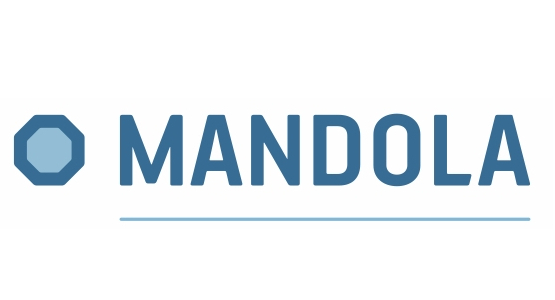Tue Sep 19, 2017
MANDOLA - Landscape and Gap Analysis European Anti-Hate Speech Initiatives

The document has been developed under the MANDOLA project
Identified gaps
Although there are number of institutions engaged in hate speech prevention and counteraction in each of the examined countries and each of the countries has to different extent covered the problem in the national legal framework, there are still lot of gaps that hinder the effective hate speech counteraction. And these problems are almost the same in all of the examined countries.
1. There is a need for collaboration and improvement of communication and exchange of expertise among different stakeholders (public institutions, law enforcement, judiciary, business, academia and NGOs) on national and European level. According to the experts the collaboration could be the key aspect of preventing and monitoring online hate speech or hate crime in general. Only by carrying out coordinated measures and by providing correct support to victims will society as a whole be able to effectively tackle online hate speech.
2. The need for amendments to the national legal frameworks is identified in different extend in almost every country. Besides, there is a need to ensure the legal framework applies in an adequate manner to the various new media and communications services and networks (such as Facebook, Twitter and Youtube).
3. There is not enough data and systematic mechanism of recording the number and type of incidents to correctly represent the impact and penetration of online hate speech phenomenon in the society. This is a gap identified in all countries and to great extend it is a result of the underreporting hate speech crime tendency available in the countries - a problem in strong correlation with the next gap - the need for awareness-raising initiatives. The measurement and the collection of precise statistics of online hate speech incidents could provide a clear view of the problem and somehow press for a more direct tackling of relevant incidents.
4. There is a need for awareness-raising initiatives and trainings targeting different stakeholders - from end users to law enforcement, judiciary, public institutions, business, academia and NGOs and aiming to improve: 1/ the overall understanding of hate speech and human rights as a whole; 2/ the reporting mechanisms and 3/ the investigation procedures. According to the experts such campaigns will stimulate hate speech reporting on one hand and will improve the investigation and prosecution of hate crime - on the other hand. Media should be more involved in the problem as they are the key provider of information.
5. There is a lack of research documents and reports on the problem in most of the countries. Therefore more resources should be dedicated to research projects whose deliverables will be useful for policy makers, investigators and prosecutors and for organisations who support and assist victims on a daily basis.
The document: “Landscape and Gap Analysis” is available here: http://mandola-project.eu/publications/
About the project:
MANDOLA (Monitoring ANd Detecting OnLine hAte speech) is a24-months project (October 2015 - September 2017), co-funded by the Rights, Equality and Citizenship (REC) Programme of the European Commission. The project is led by the project coordinator FORTH (Foundation for Research and Technology – Hellas) in a consortium with Aconite Internet Solutions (Ireland), the International Cyber Investigation Training Academy (Bulgaria), Inthemis (France), the Autonomous University of Madrid (Spain), the University of Cyprus (Cyprus) and the University of Montpellier (France). MANDOLA aims at improving the public understanding of how on-line hate speech prevails and spreads. The project also aims at empowering ordinary citizens to report hate speech.
For more information please check http://mandola-project.eu